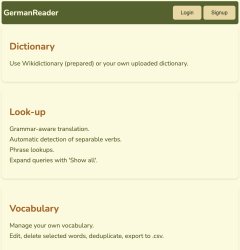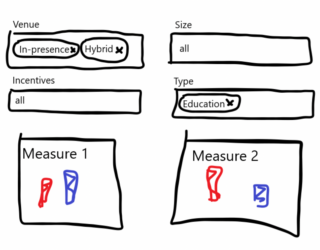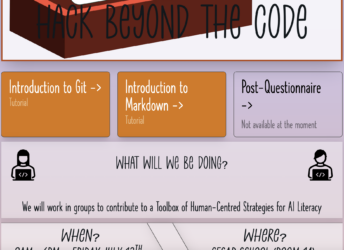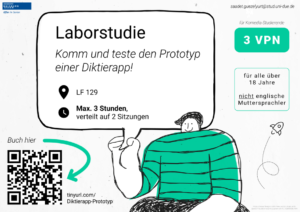Portfolio
The mini-projects we showcase here were carried out at colaps as part bachelor’s and master’s theses, praxisprojects or small-scale research.



While numerous reader apps are available, they often fall short in effectively addressing the unique challenges faced by learners of the German language. To address these challenges, we aimed to design an effective reading app using Angular for the front end and Flask for the back end, incorporating various external libraries and dictionary sources. (Ha Thuong Tran, “Development of a web-based e-book reader app with lexicon support for promoting language learning”, Bachelor’s Thesis, 2024)
Hackathon organizers typically conduct surveys to assess the success of their events in various aspects. However, there is currently no way for organizers to quickly analyze participant surveys and compare their hackathons to other events. Based on an existing survey and a corresponding dataset, this thesis presents a tool to fill
this gap. (Robert Sauter, “How did participants like my hackathon? A benchmarking tool”, Master’s Thesis, 2024)
The hackathon participants’ toolbox aimed at helping participants prepare for hackathons by offering essential tutorials and resources. It was deployed in two hackathons and evaluated through a mixed-methods approach, including surveys, usage monitoring, and interviews (Osama Moharam, “Enhancing Hackathon Preparation: Developing a Toolbox for Pre-Hacking Tutorials and Essential Resources”, Master’s Thesis, 2024)



